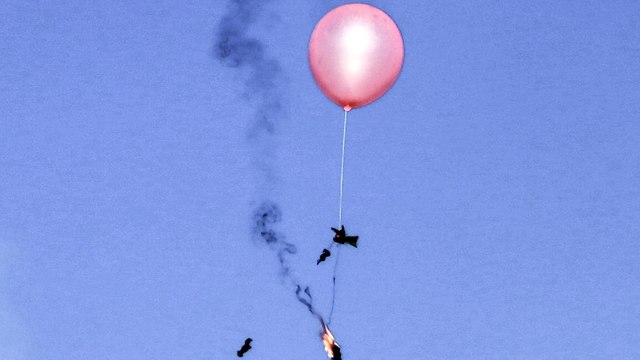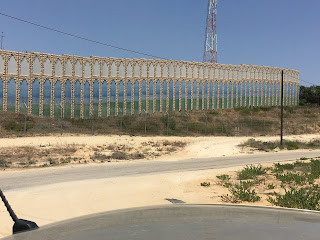“When you build a new house, you shall make a parapet/ guard-rail for your roof, so that you do not bring bloodguilt on your house when/if a faller should fall from it.” (22:8)
Rashi, the medieval commentator, links this verse about building parapets to the section that immediately precedes it about not taking a mother bird and her young on the same day. He comments as follows:
WHEN YOU BUILD A NEW HOUSE - If you have fulfilled the command of letting a mother bird go you will in the end be privileged to build a new house and to fulfil the command of making a parapet, for one good deed brings another good deed in its train, (Mitzvah Goreret Mitzvah) and you will attain to a vineyard (v. 9), fields (v. 10) and fine garments (vv. 11—12). It is for this reason (to suggest this) that these sections are put in juxtaposition (Midrash Tanchuma, Ki Teitzei 1).
People respond to the challenges of the world in different ways, each according to their own nature. Some of us are active, loud, aggressive. We raise our voices in protest, pray with our feet, lead by example, use our entire bodies when necessary. Others of us shy away from any type of physical confrontation but perhaps feel comfortable writing a letter to an elected official, signing a petition, or posting on social media. Others of us freeze, seized with fear and worry, perhaps hoping that if we keep our heads low and our voices quiet the whole situation will blow over in time. If it doesn’t directly impact us maybe things will just be okay if….
What we must understand, what Rashi teaches us here, is that our good and bad deeds are not discrete, disconnected acts. Our deeds are interwoven. Doing a mitzvah leads on to other good deeds, impacting not only those around us but also, more deeply, ourselves. Mitzvah goreret mitzvah, one good deed brings another good deed in its train.
We don’t all need to be heroes.
Ordinary acts of compassion for animals lead us towards having compassion for humans too; putting a guard rail up on the roofs of our houses ensures that people won’t fall off due to our lack of thought. The verse quoted above contains an oddity - it refers to the person who might fall off your roof as “a faller” not “a person”. The implication seems to be that someone really would have fallen off your roof if it were not for your building a parapet. What begins with a concern for the feelings of a bird ends with actually saving a human life.
Don’t start big; you can start really small! You don’t have to do something big like organizing a rally or storming the White House to make a difference. Start with small acts of thoughtfulness and compassion. Every action makes a difference because ultimately good follows good. Mitzvah goreret Mitzvah. The complexity of the modern world makes us feel as if we are impotent. But we are not.
Rabbah Arlene Berger is the rabbi of the Olney Kehila and a community Chaplain in the Washington, DC area.
Rabbi Joel Levy is the Rosh Yeshiva of the Conservative Yeshiva in Jerusalem.
This Dvar has also been published in the Washington Jewish Week Newspaper.













